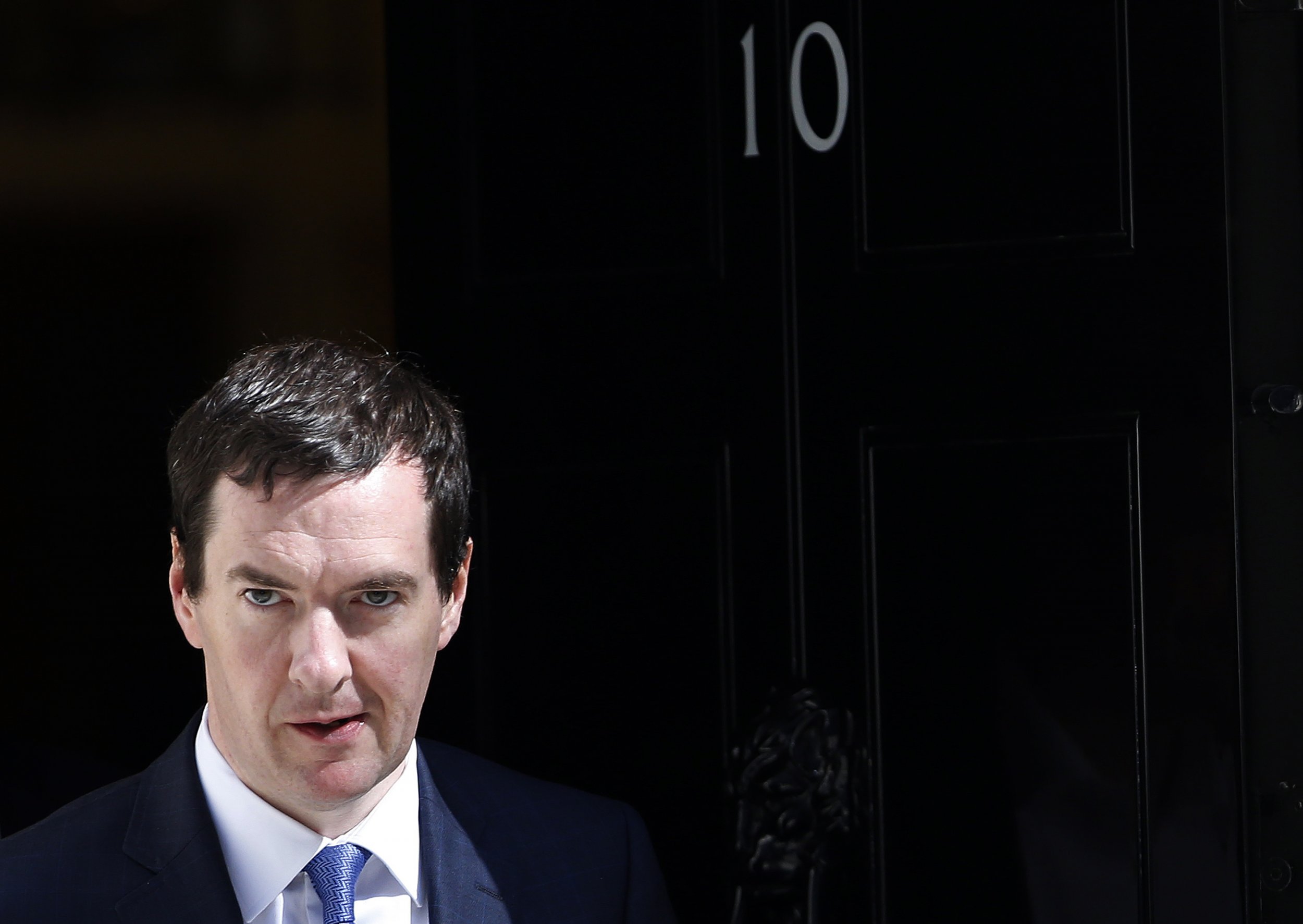
Britain will pay back part of the outstanding debt used to fund World War One next year, when it redeems government bonds first issued almost 90 years ago by then-finance minister Winston Churchill.
The finance ministry said on Friday that it would redeem 218 million pounds ($348 million) of 4.0 percent consols - a rare type of bond with no maturity date - on Feb. 1 next year, to be funded by issuing new debt.
This is the first time this type of gilt has been redeemed since the late 1940s - in part because until recently it required lower interest payments than similar new debt.
Issued in 1927, the consols were used to refinance government bonds bought by Britain's public to help fund World War One.
"For those of us who love the gilt market it's a sad day - there's a few old-timers crying in the corner," said Barclays bond strategist Moyeen Islam. "But it's symbolic more than anything."
Speculation about the future of Britain's long-standing perpetual bonds has grown because government borrowing costs are at historically low levels, making newly-issued debt cheaper to maintain.
On Tuesday, Britain achieved a yield below 3 percent at a syndicated sale of the 2068 gilt, the longest-dated conventional government bond in any major advanced economy.
By contrast, the 4 percent consol yielded slightly more than 3 percent on Friday, and until a few weeks ago offered a yield closer to 4 percent.
The Treasury said around 2 billion pounds of World War One debt remains, and that it was looking into the practicalities and value for money of repaying the outstanding debt in full.
Most of that comprises the 1.9 billion-pound 3.5 percent War Loan, issued in 1932, which the Treasury might also decide to redeem at some point in the near future, said Islam.
"It remains something of the elephant in the corner," said Islam.
Perpetual gilts make up only around 0.2 percent of Britain's 1.4 trillion-pound stock of government debt, but have a long history.
Some of the debt that will be repaid next year can be traced back to the 17th century, including debts used to finance the Napoleonic and Crimean wars, the finance ministry said.
"The fact that we will no longer have to pay the high rate of interest on these gilts means that most important of all, today's decision represents great value for money for the taxpayer," said finance minister George Osborne.
Uncommon Knowledge
Newsweek is committed to challenging conventional wisdom and finding connections in the search for common ground.
Newsweek is committed to challenging conventional wisdom and finding connections in the search for common ground.





